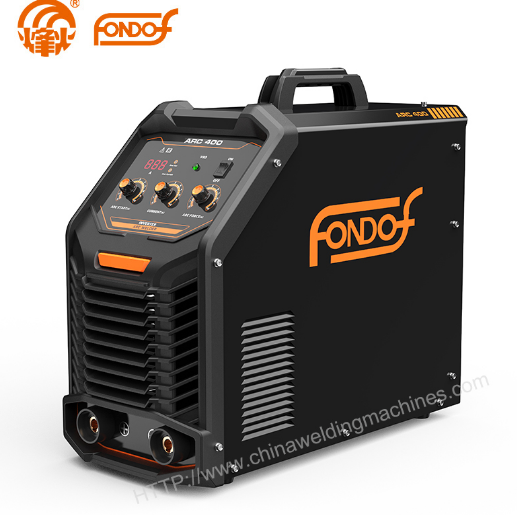What Is MMA in Welding Machine?
Metal Active Gas (MAG), commonly known as Metal Inert Gas (MIG) welding, is a versatile and widely used welding process. Among its variations, one of the most crucial is Manual Metal Arc (MMA) welding, also known as shielded metal arc welding (SMAW) or stick welding. In the world of welding, MMA holds a significant position due to its simplicity, adaptability, and effectiveness in various welding scenarios.
The Essence of MMA Welding
MMA welding involves an arc between a coated electrode and the workpiece, producing intense heat that melts the metal, creating a weld pool. This process is highly versatile and can be used with various metals, including steel, stainless steel, cast iron, and more. The simplicity lies in its equipment: a power source, electrode holder, cables, and electrodes. This simplicity makes MMA welding highly portable, making it an excellent choice for outdoor or remote welding jobs.
Advantages of MMA Welding
Versatility and Adaptability
MMA welding is renowned for its adaptability to different welding environments. Its ability to work with various metals and thicknesses makes it a favored choice for many welders. Whether it's working on small repairs, construction sites, or heavy industrial settings, MMA welding proves its worth across diverse applications.
Cost-Effectiveness
The cost-effectiveness of MMA welding stems from its simplicity. The equipment is relatively affordable and requires minimal maintenance. The electrodes used are also cost-effective, adding to the overall economical nature of this welding technique.
Portability and Convenience
The portability of MMA welding equipment is a huge advantage. Unlike other welding methods that may require sophisticated machinery, MMA welding setups are compact and easily transportable. This makes them ideal for on-site repairs or projects in remote areas.
Understanding the Process
Electrodes
The heart of MMA welding machine lies in the electrodes. These electrodes are coated with a flux that provides a protective gas shield, preventing oxidation and contamination of the weld pool. The type of coating determines the properties of the weld, making it crucial to select the right electrode for the desired outcome.
Arc Formation
An arc is initiated by striking the coated electrode against the workpiece. As the arc is established, the flux coating vaporizes, releasing gases that shield the molten metal from atmospheric contamination. The heat generated melts both the electrode and the base metal, forming the weld pool.
Weld Pool and Solidification
The molten weld pool solidifies as it cools, creating a strong bond between the materials being joined. The slag produced during the process needs to be removed after each pass to ensure the quality of the weld.
Applications of MMA Welding
MMA welding finds application across various industries and settings:
Construction Industry
In construction, MMA welding is used for structural steelwork, bridges, and repairs. Its adaptability to outdoor environments makes it an ideal choice for construction projects.
Automotive and Transportation
MMA welding is utilized in the automotive industry for repairs, fabrication, and maintenance of vehicles. It offers the necessary strength and durability required for these applications.
Shipbuilding
The maritime industry benefits from MMA welding due to its effectiveness in ship construction, repairs, and maintenance, particularly in locations where access to power sources is limited.
Maintenance and Repairs
MMA welding's versatility shines in maintenance and repair work, allowing welders to address various issues swiftly and efficiently.
Conclusion
MMA welding, or Manual Metal Arc welding, stands as a cornerstone in the welding industry. Its simplicity, adaptability, and cost-effectiveness make it a valuable choice for welders across diverse sectors. Understanding its process, advantages, and applications elucidates its significance in creating robust and enduring welds.


Comments
0